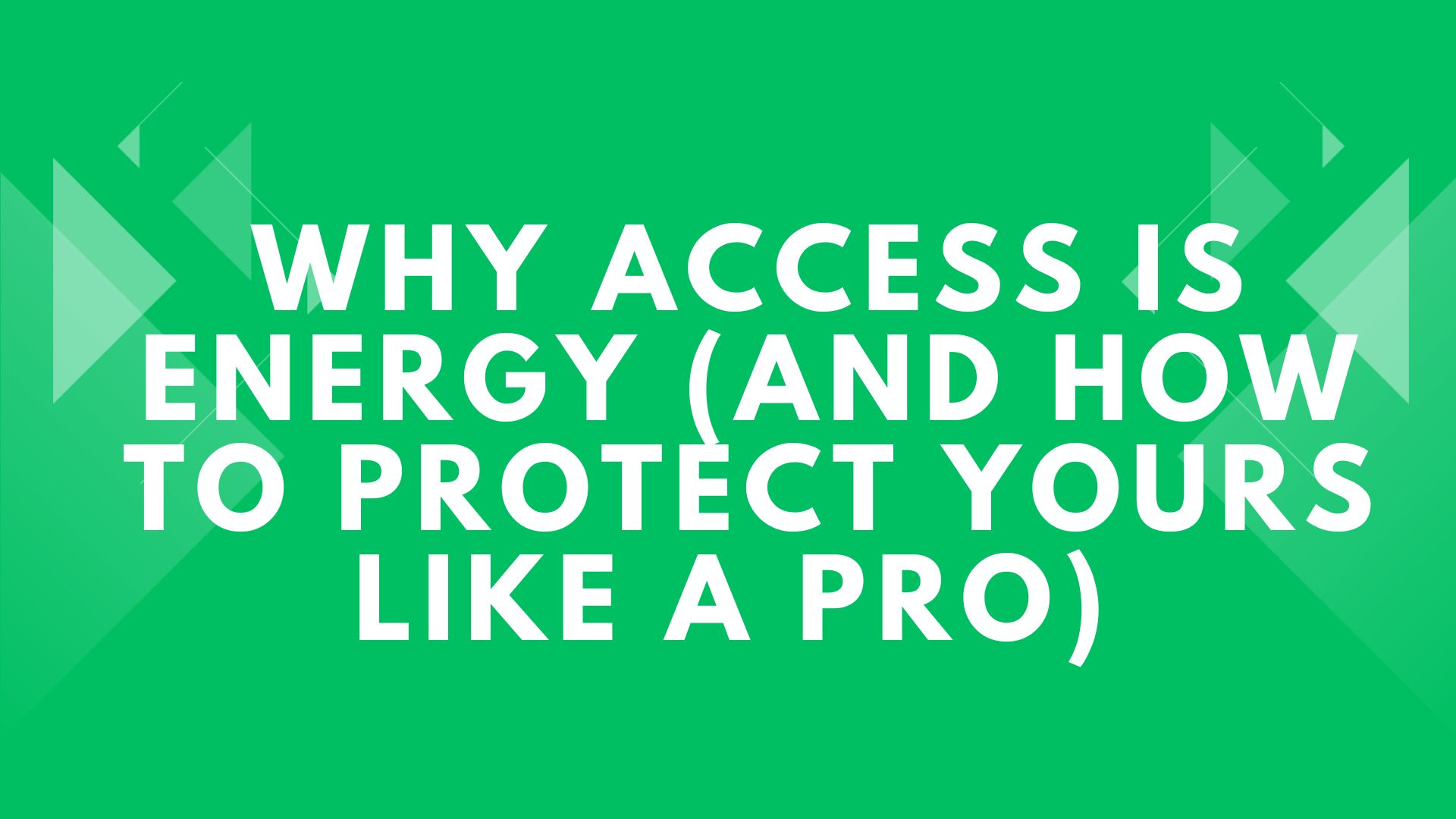Starting a business can be exciting. Knowing your idea can begin to generate income will make anyone happy. However, when it comes to getting the capital needed to start, it can make for a daunting task. Thankfully, we are in an age where the daunting process of getting a loan is no longer the first choice to fund your startup.
Here are six ways to gain funding for your startup.
Crowdfunding
Crowdfunding has created a viable alternative for startups to raise capital. You can pitch your idea for a product or service to a wide audience across the world. If successful, the business gets the money it needs and a customer base that has a personal investment in your business venture.
Who would want to give you money for an idea? It turns out that many people want to support someone that is doing/creating something they believe in. The donations usually are so small that your backers have the ability easily let go of to invest in a product. You must convince your supporters that you WILL deliver on your promises.
This has become possible in recent years thanks to websites that allow nonprofits, artists, musicians and businesses to raise money. With more than 600 crowdfunding platforms such as Kickstarter and Indiegogo, around the world, you can always find the platform that is right to fund your startup.
Angel Funding
Angel funding for startups is not quite as expansive as crowdfunding, but it can be just as devoted. Angel investors are high net worth individuals. They usually provide smaller amounts of finance at an earlier stage of a business than many venture capital funds can. More and more angel investors invest alongside seed venture capital funds.
One of the major benefits of having an Angel investor is the support gained. Not only do they invest money, they also invest industry knowledge and contacts to entrepreneurs. All this helps you gain the necessary information to further grow your business AND your business knowledge.
Angels will often take non-executive board positions in the companies in which they invest. Startups have become more dependent on angel investors, as they are able to accommodate more small deals.
Venture Capital
Along with angel funding, you may use venture capital to help with finance. Venture capital is financing invested in startups and small businesses that are usually high risk but have the potential for exponential growth. The goal of a venture capital investment is a very high return, usually in the form of an acquisition of the startup or an IPO (initial public offering).
Venture capital is great funding for startups that want to quickly expand. The investments are large so your startup has to be prepared to take that money and grow.
A big advantage of venture capital funding is that if your startup goes under, there’s no obligation to pay it back. Just like angel funding, venture capitalists come to the table with a lot of business and institutional knowledge. They’re also well-connected with other businesses that could help you and your startups, professionals that you might want to take on as employees and other investors.
It’s true you don’t have to pay back, but venture capital firms are expecting a return on investment. Therefore, if you’re looking to keep your startup for yourself, maybe venture capital isn’t for you. In that vein, you give up part of your ownership of your company with venture capitalists and, depending on the deal made, you may be losing management control as well.
Business Incubators
Business incubators are organizations focused on speeding up growth and success of startups and early-stage companies. Some incubators are physical facilities meant to encourage networking among entrepreneurs and their coaches. Others operate on a virtual basis.
Another term that is used interchangeably with business incubators is accelerators. This is mainly due to the focus of jump-starting businesses that are more developed. Many have potential capital to invest or connections to potential funding sources. Not only does your business have access to potential capital choices, but you get the benefit of mentorship, networking and industry expertise at your disposal. This is great when thinking about ways to fund your startup.
Product Pre-sale
If your business has physical products, it is the best candidate for presale funding. Your customers pay upfront for the goods and the money made can help with manufacturing costs before the real, large scale, sales begin. With enough of these sales, the revenue gained by presales can be used to cover the cost of materials, as well as, production, and more. Send your finished product to a testing agency or performing your own set of tests.
This will ensure that your design functions as its supposed to. Certified agencies are great to tests for metrics that require special equipment and precise measurements. Informal tests are great ways to understand if design changes are needed before you produce. With either method of testing, it’s crucial that you’re 100% confident in the way your product will perform before sinking other people’s money into making it.
It is wise to build a cushion into any budget or timeline will be especially true when manufacturing a product. Things often take longer and cost more than anticipated. Promising finished products to customers then running out of money and or time will cause extreme stress and strain.
In order to preserve your sanity, reputation, and wallet, build at least a 20% buffer into any time and cost projections. Including the total investment required to manufacture your pre-sale inventory, as well as the delivery date you set for buyers.
Self Funding
A final option is to finance your business is by squirreling away money from your current salary until you have enough to launch the business (that is if you still have that 9 to 5). If you don’t want to wait, consider freelancing or cutting your full-time job to part-time. This ensures you’ll have some steady funds until your business starts to soar.
You generally have more assets than you realize. Using some of your own money to start will prove to investors that you have ‘skin’ in the game. Be very mindful though, that this is a risky thing to do. Whatever money you put in, you should be willing to lose.
What option have you used to fund your startup? If you haven’t already tried one, which would you use to start your business?








